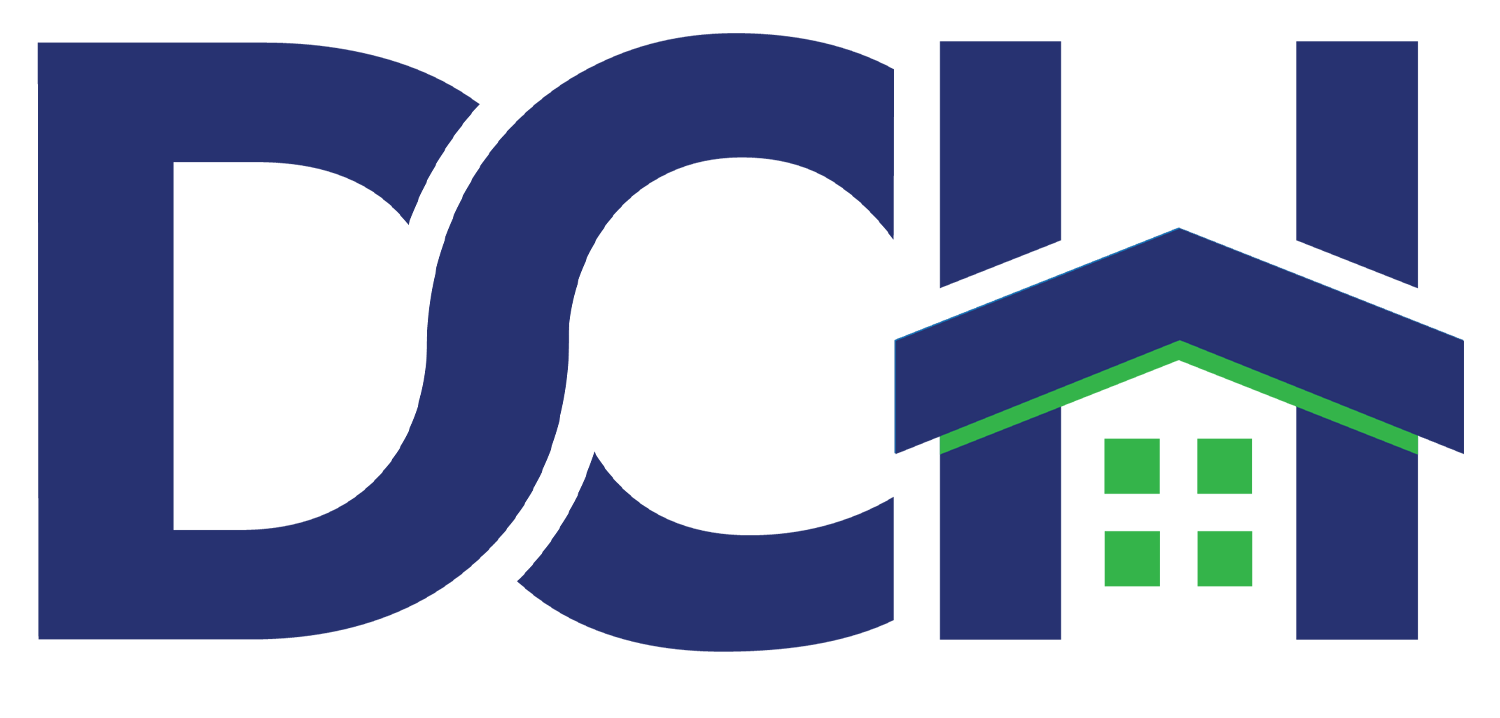Economic Stability as a Determinant of Health: Why Income, Opportunity, and Housing Go Hand-in-Hand
Economic stability is a Social Determinant of Health (SDOH), referring to a person’s ability to access a steady income, secure employment, and financial resources. When individuals and families are economically stable, their health outcomes improve, and when they are not, preventable illnesses, anxiety, and instability rise.
The Connected Communities Initiative is a component of our core values, and we collaborate with local organizations to raise awareness about economic stability and connect communities with programs and resources that promote financial stability.
To transform communities, we need to facilitate economic opportunity.
Economic Instability Harms Health
Economic hardship is a health issue. According to the CDC, individuals with lower incomes are more likely to experience chronic stress, poor nutrition due to food insecurity, delays in medical care, higher hospitalization rates, and shorter life expectancy. Additionally, the Robert Wood Johnson Foundation reported that people in low-income communities may die 10–15 years earlier than those in wealthier neighborhoods.
Without economic stability, health becomes optional. Economic instability forces impossible choices: whether to pay rent or buy medication? This decision-making creates toxic stress, which increases the risk of heart disease, high blood pressure, depression, diabetes, and more. When individuals have consistent income and financial security, they can afford nutritious food, access healthcare and prescription medications, live in safe and stable housing, and invest in education, pursuing long-term goals. The World Health Organization identifies income as one of the strongest predictors of health worldwide.
Economic stability is health. National Case Study: HUD Family Self-Sufficiency (FSS) Program
The HUD Family Self-Sufficiency (FSS) Program serves as a case study in how improving economic stability enhances resident health and well-being. The program connects housing residents with career development, education, financial coaching, and escrow savings accounts that grow in value as their income increases.
Studies show that FSS participants increased average annual income by thousands of dollars, built savings and credit, reduced reliance on public assistance, and experienced greater long-term housing stability. When families have economic opportunity, their health and their future dramatically improve.
Promoting Economic Stability
DCH promotes economic mobility strategies in its community programming. Workforce development and job access resources connect residents to training programs, resume workshops, employer partnerships, and career pathways that lead to higher-wage employment. Financial literacy and credit-building, including workshops and connections to community supports, help residents learn budgeting, credit repair, debt reduction, and long-term financial planning.
We also connect communities with access to resources that help navigate the administrative hurdles, stabilizing finances and health through programs such as SNAP, Medicaid, childcare assistance, and rental support.
Nonprofit Developers are Uniquely Positioned to Lead
DCH’s Connected Communities Initiative positions vital resources in communities that need them most. Our programming promotes economic stability through access to community resources. Through community centers, community events, and partnerships with educators, DCH, as a housing provider, is positioned to provide opportunities. Economic opportunity programs are more effective when they are built where people live. DCH leads by example, integrating housing with economic empowerment to create healthier communities for generations to come.

